
Few people truly understand what a ring on the right hand represents
The meaning of a ring worn on the right hand is not widely known
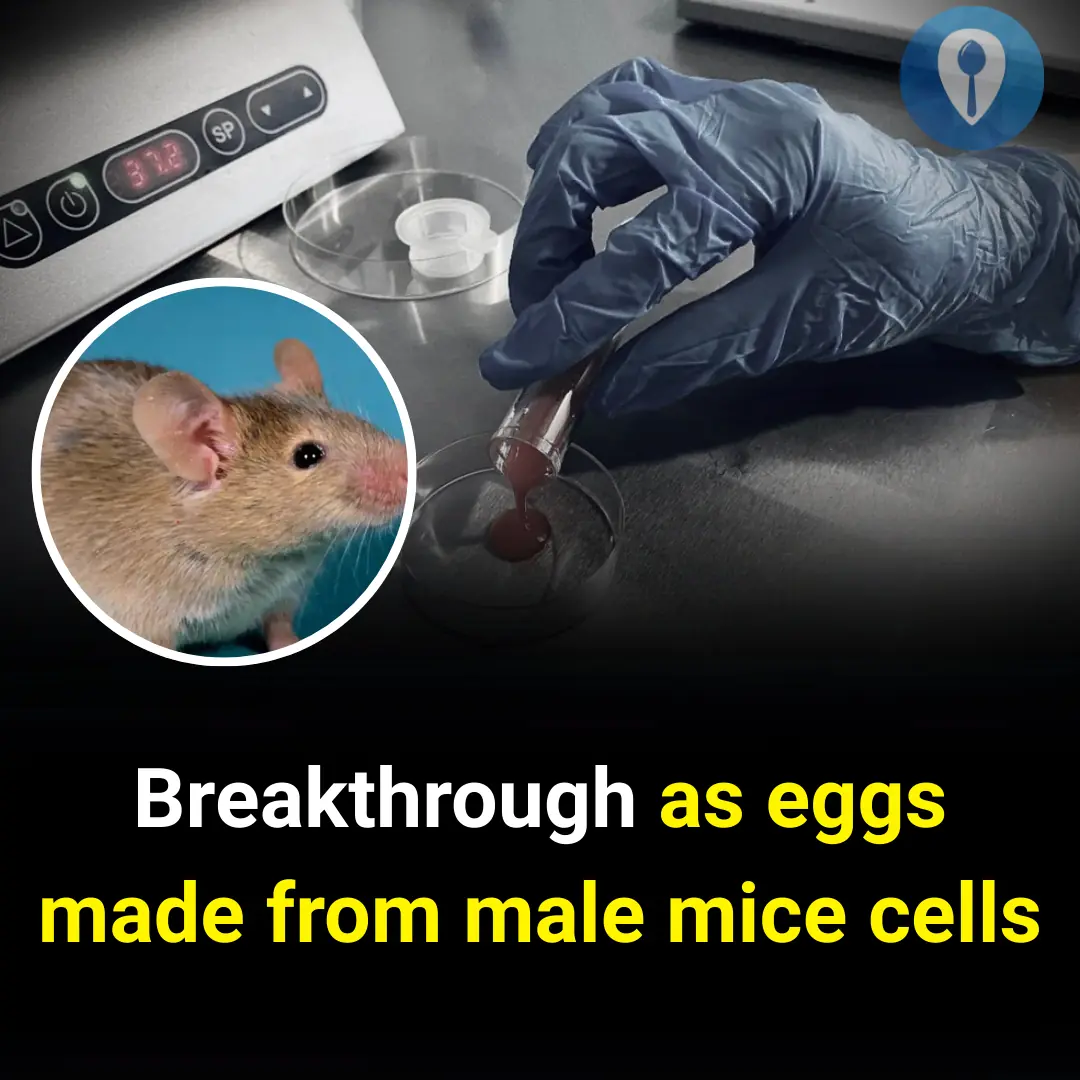

A Japanese researcher has told a major genetics conference that he has created eggs from the cells of male mice.
The research, still in its early stages, involved turning male XY sex chromosomes into female XX ones.
Prof Katsuhiko Hayashi from Osaka University is working on developing fertility treatments.
The development, which he has submitted for publication in the scientific journal Nature, raises the prospect of male couples having their own children.
Prof George Daley of Harvard Medical School, who is not involved in the research, said that there was still a long way to go before society was faced with such a decision.
''Hayashi's work is unpublished but fascinating. [Doing this on Humans] is harder than the mouse," he said. We still don't understand enough of the unique biology of human gametogenesis (the formation of reproductive cells) to reproduce Hayashi's provocative work in mice''.
Details were presented at the human gene-editing summit at the Crick Institute in London.
Prof Hayashi, a globally respected expert in the field, told delegates at the meeting that the work was at a very early stage. The eggs, he said were of low quality and the technique could not be used safely on humans at this stage.
But he told BBC News that he could see current problems overcome in ten years and he would like to see it available as a fertility treatment for both male and female and same sex couples if it is proven to be safe to use.
"If people want it and if society accepts such a technology then yes, I'm for it".

The cells are male and therefore have XY chromosomes. Prof Katsuhiko's team then delete the Y chromosome, duplicate the X chromosome and then stick the two X's together. This adjustment allows the stem cell to be programmed to become an egg.
The technique could be used to help infertile couples where women are not able to produce their own eggs. He stressed though that it was a long way off from being available as a fertility treatment.
"Even in mice there are many problems in the quality of the egg. So before we can think of it as a fertility treatment we have to overcome these problems, which could take a long long time," he said.
Prof Hayashi said he would not be in favour of it being used by a man to create a baby using his own sperm and artificially created eggs.
"Technically this is possible. I'm not so sure whether at this stage it is safe or acceptable for society".
Prof Amander Clark, a stem cell scientist from the University of Californa, Los Angeles said that the LBGTQ+ community should have a say in the use of the technology for reproduction.
"The LGBTQ+ community have unique needs when it comes to having a family. It may be possible in the future for same-sex reproduction based upon current research using laboratory models to develop the technology.
"However, today this technology is not available for human use, safety and efficacy has not been proven, and it is unclear how long the technology will take to get to the clinic. There is still much to learn about the human germ line and fundamental knowledge gaps serve as a barrier to translating this research to humans."
Alta Charo, professor of law at the University of Wisconsin Maddison, said different cultures would have "profoundly different views" on whether to use the technology, if it became available.
"In some societies a genetic contribution to one's children is considered absolutely essential, and for them it's a question of 'is this a step to take?' for those who are not in a heterosexual arrangement.
"For other societies that's not as nearly as important, and child adoption is perfectly acceptable, because for them families are more about the personal relationship and less about the biological connection."
Prof Haoyi Wang, of the Chinese Academy of Science believes there is a very a long way to go before the technology could be considered for use in the clinic.
"Scientists never say never, in principle it has been done in mice so, of course, it may be possible in humans, but I can foresee a lot of challenges and I couldn't predict how many years that would be."
Souces: BBC News

The meaning of a ring worn on the right hand is not widely known
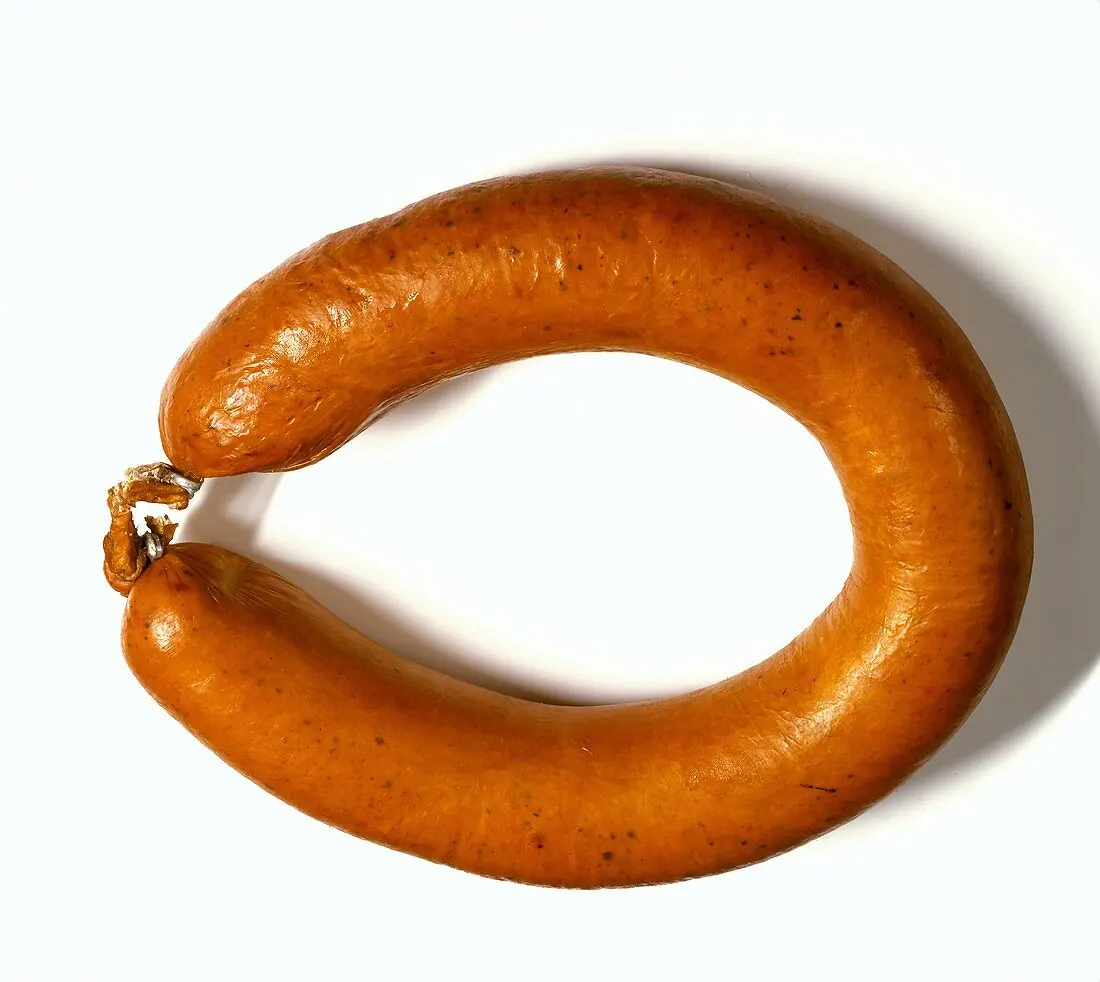
Most people THROW IT AWAY — but this tiny metal ring on sausages is actually saving your health!
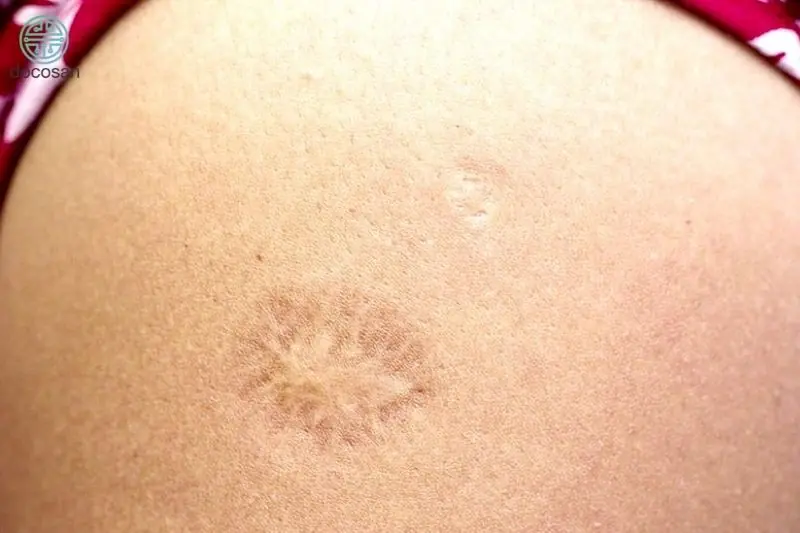
Do you know why there’s a small scar on the upper left arm and what it means?

Using an electric kettle daily? Here are 4 errors you should watch out for
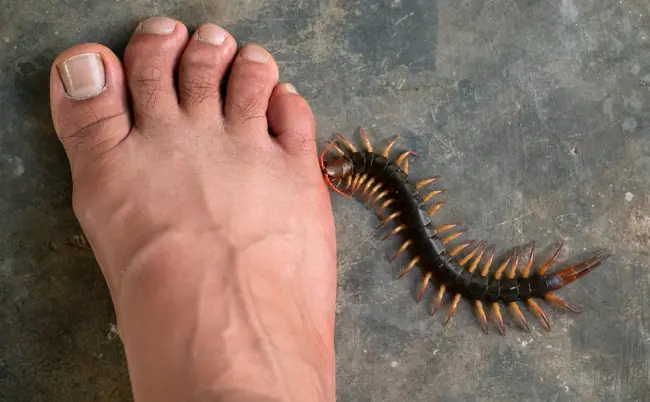
If a millipede crawls indoors, don’t eliminate it immediately

If You Don’t Unplug These 5 Electrical Devices at Home, Your Electricity Bill Could Skyrocket!

Don’t rush to call a technician — just do this simple fix to keep your fridge running smoothly
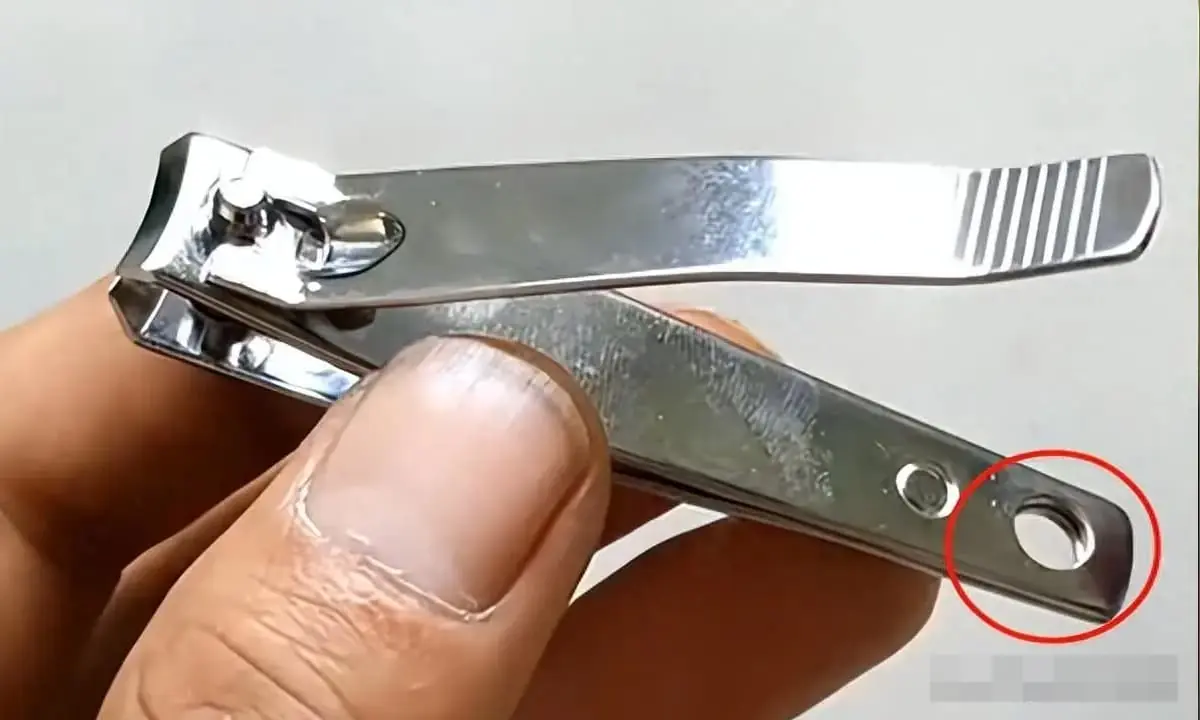
Why do nail clippers include a small hole? The hidden reason revealed
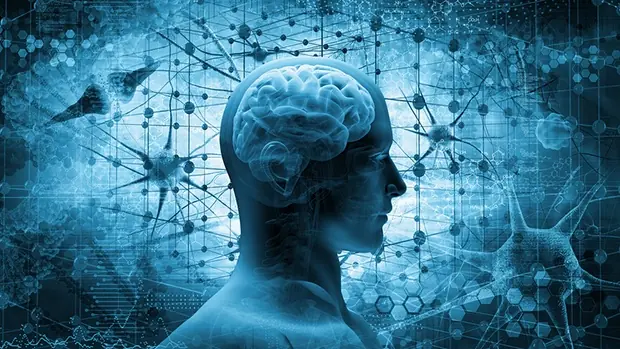
Nothing drains your energy more than the battles you fight inside your own mind. Release what is beyond your control

The Truth about Sleepwalking

The surprising reasons why your cat loves sleeping in your bed

Mosquitoes and snakes avoid this plant. Do you have it in your yard?

Why people in Japan sleep on the floor: tradition and everyday practicality explained

4 raw foods that may offer significant health benefits

5 countries introducing stricter policies affecting Americans living and working there
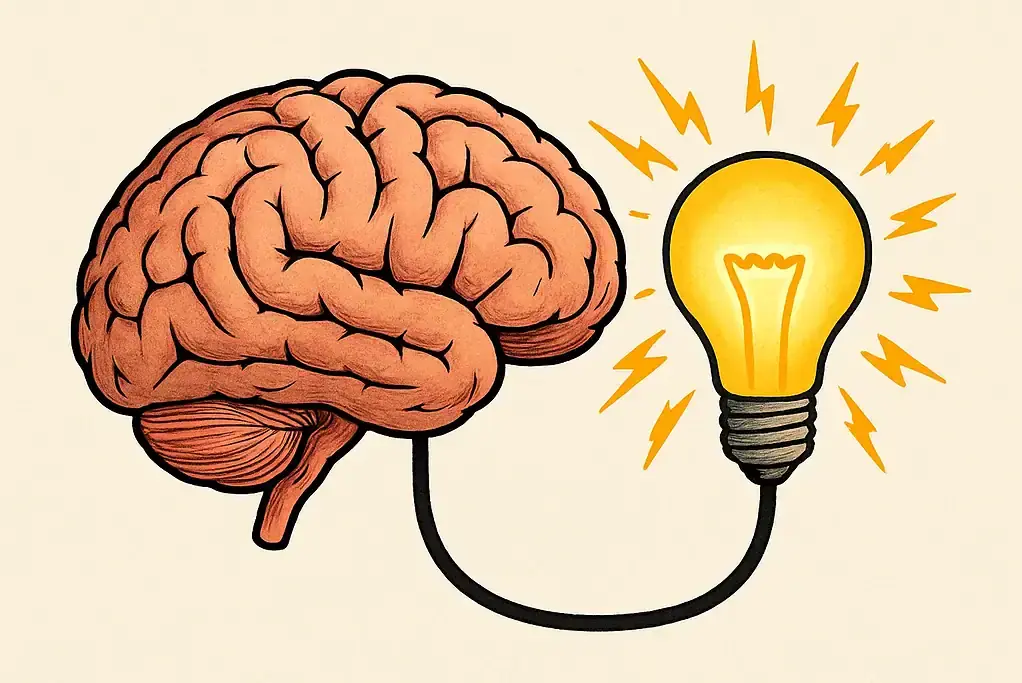
Your Brain Uses About 20% of Your Body’s Total Energy — Even at Rest

Everyone deserves the chance to experience love, no matter what stage of life they are in.

Abandoned Baby Macaque Punch At Ichikawa Zoo Wins Hearts Worldwide After Viral

Why do dogs often sniff people when they meet them?

Many people don’t know what its purpose is used for

Exploring the power of Xanthium strumarium: from traditional medicine to contemporary applications
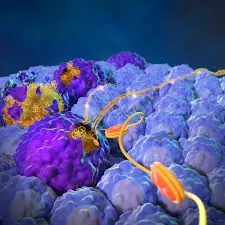
7 foods with anticancer effects you probably didn’t know about.
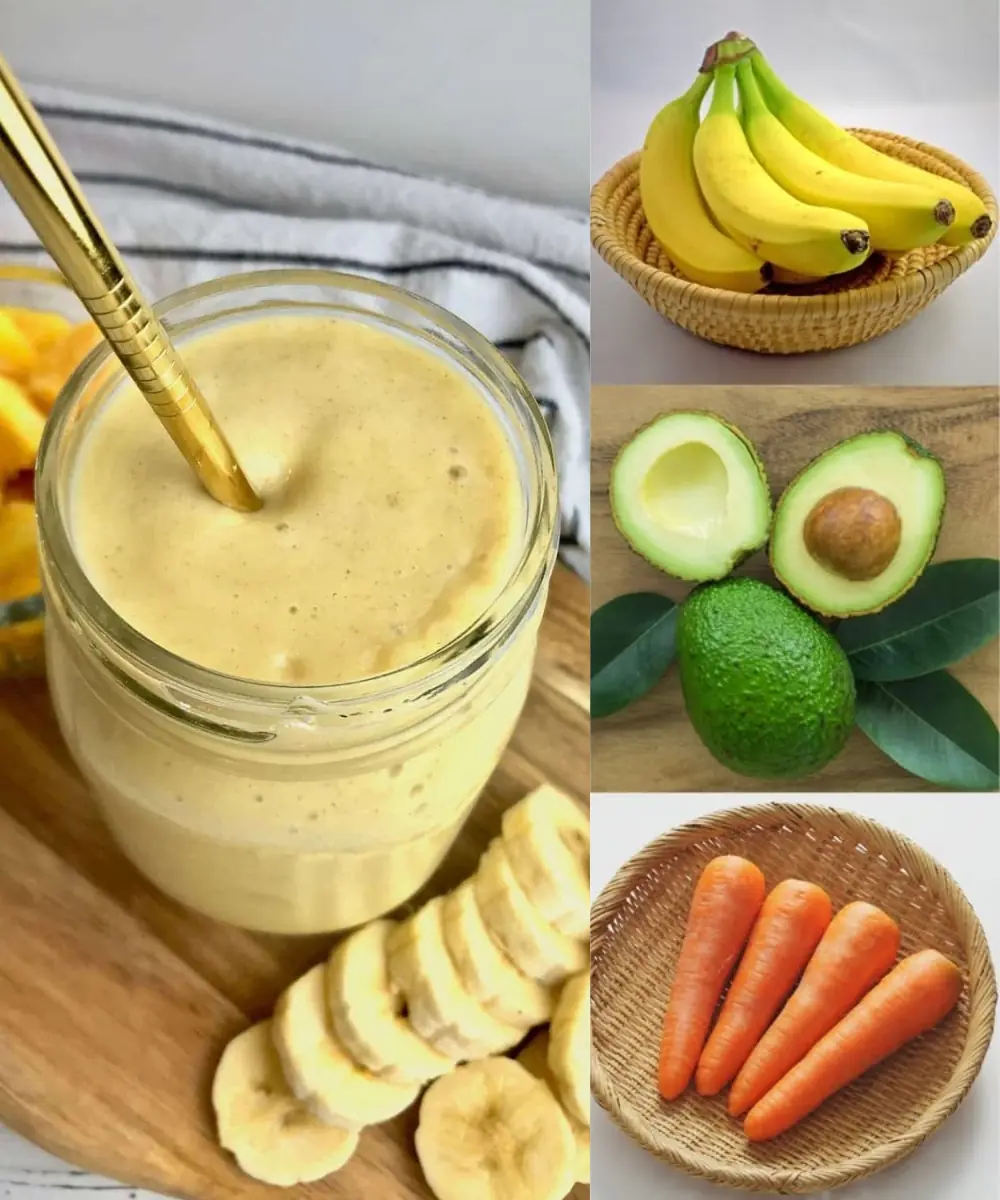
Struggling with low energy or constant fatigue? While many factors can contribute to feeling this way, certain natural ingredients may support your daily energy levels.
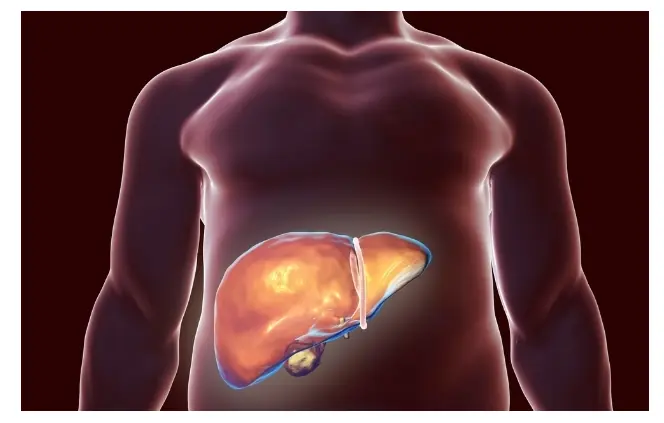
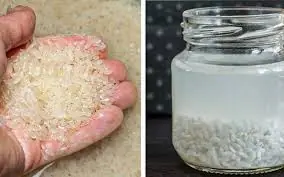
Rice Water: How to Turn Cloudy Rinse Water into a Natural Beauty Boost for Skin and Hair
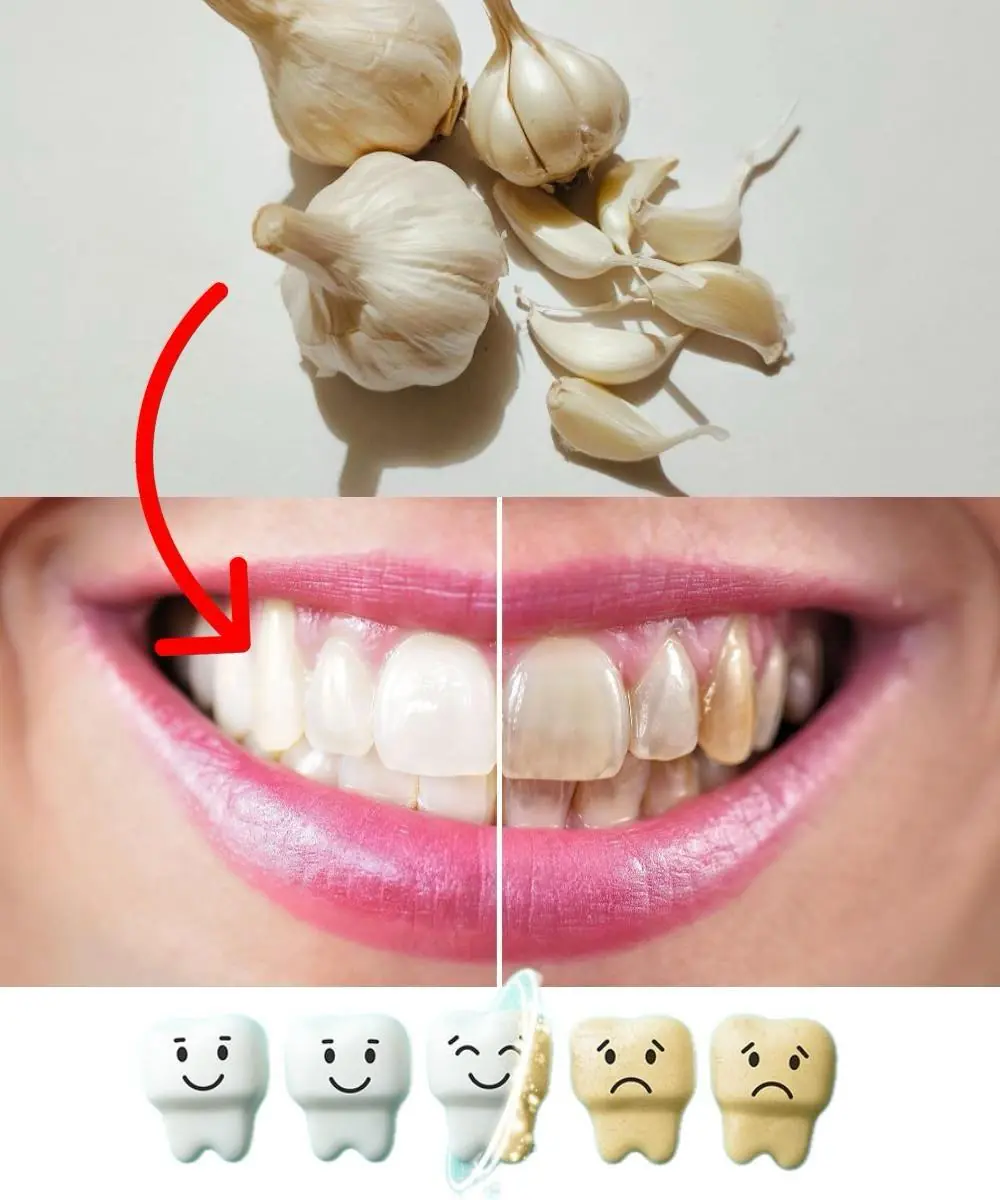
Yellow teeth? Try this viral hack before your next dental visit.
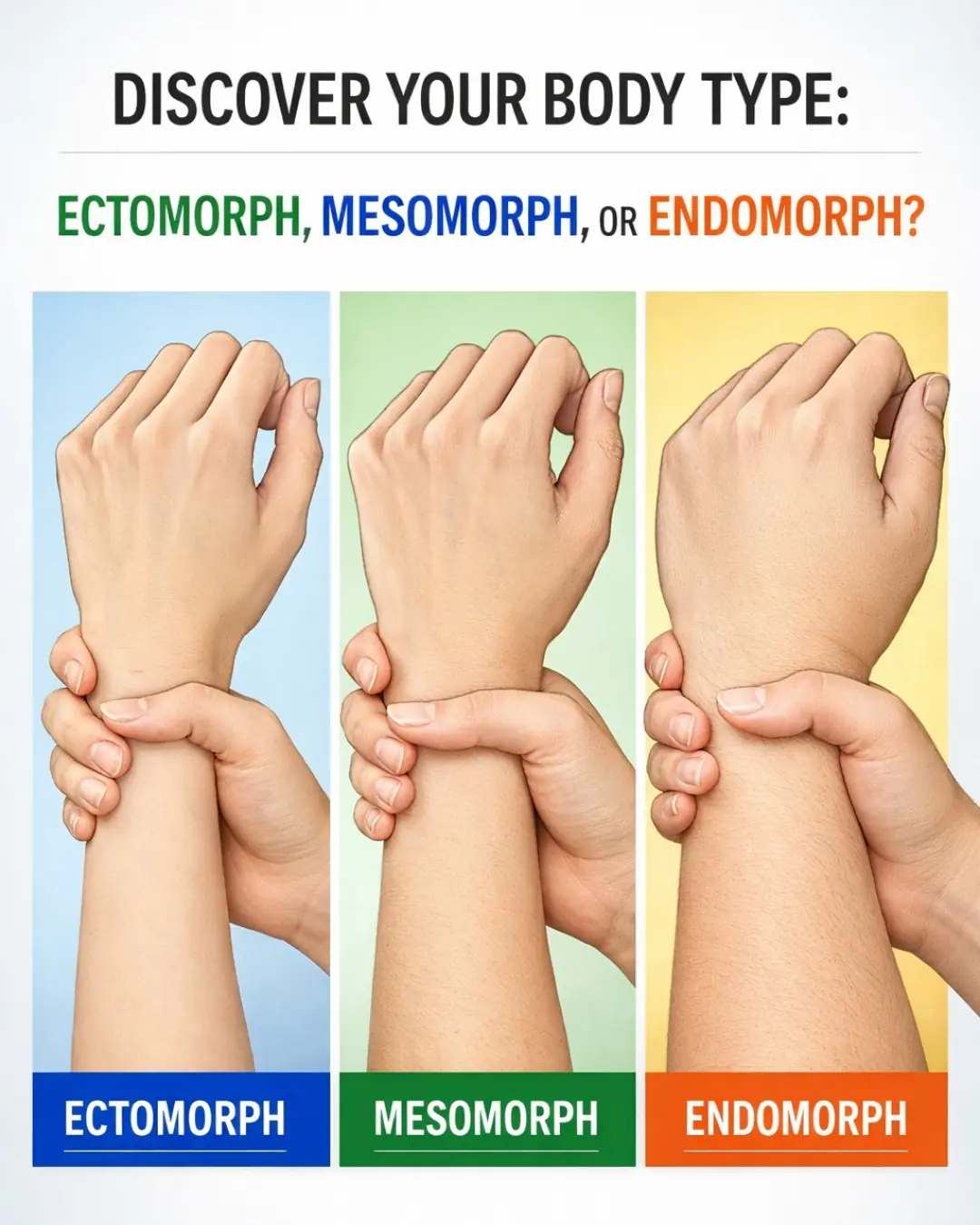
Ectomorph, Mesomorph, or Endomorph? Discover Your True Body Type
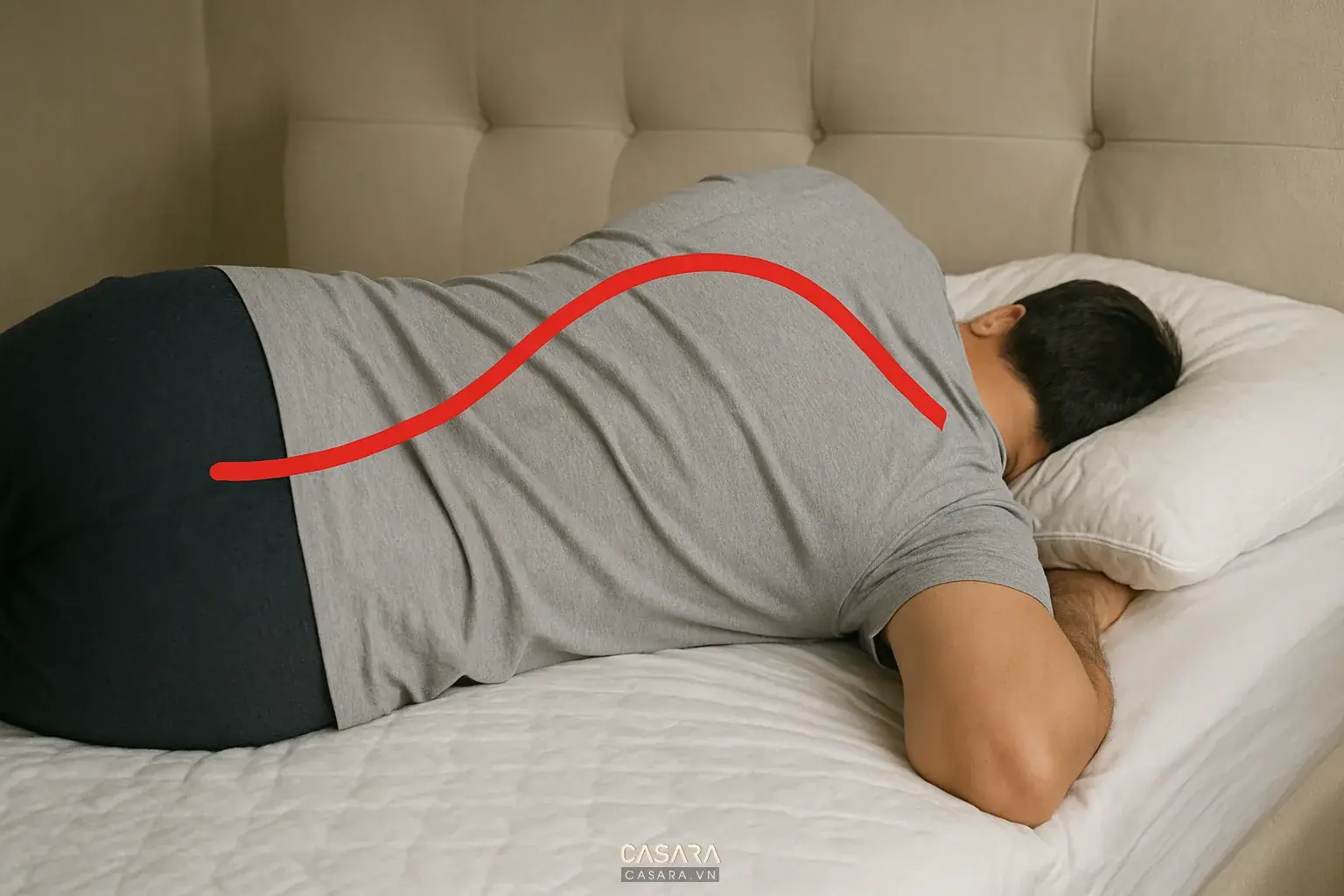
The Hidden Health Risks of Poor Sleep Posture (And How to Correct Them)

7 must-know tips for using cloves effectively
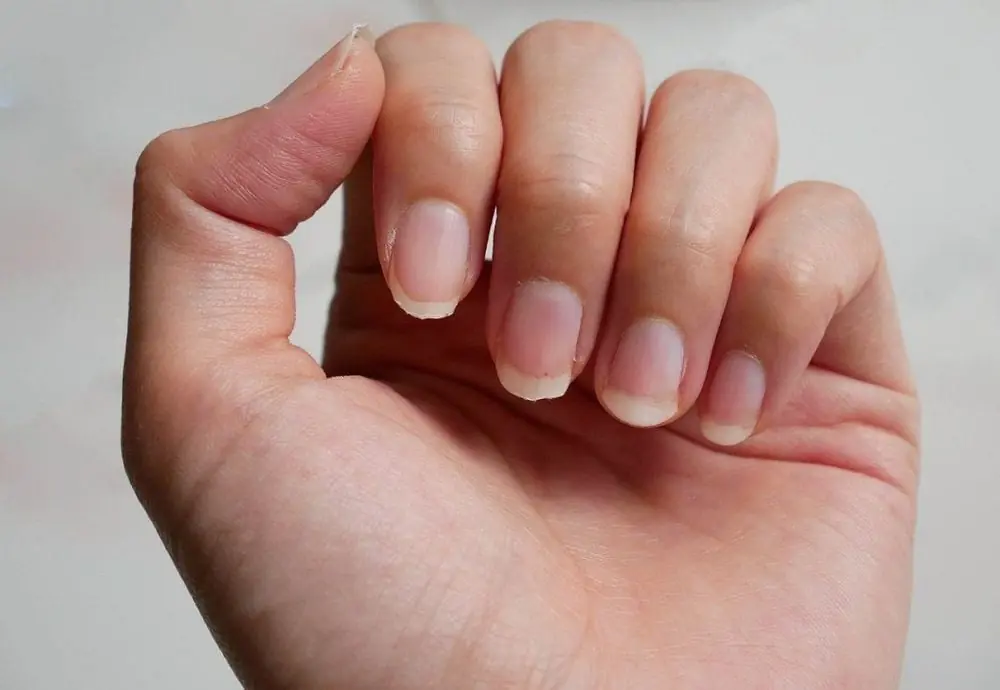
Researchers outline 7 hidden health problems your nails might suggest

For many people, simply hearing the word “colonoscopy” is enough to cause immediate fear or discomfort.

Peanuts, also known as groundnuts, are rich in vitamins and nutrients, often hailed as a "longevity nut" that is highly beneficial for health.

Occasionally noticing foamy urine is usually harmless and not a cause for concern.

Heart disease does not always announce itself with dramatic chest pain during the day. In many cases, the heart sends subtle warning signals at night, when the body is at rest and symptoms become more noticeable.

Have you ever noticed a faint hum, buzz, or ringing in your ear — especially when everything around you is silent?

When our skin becomes itchy, we often attribute the discomfort to external factors such as sweat, hygiene products, laundry detergents, or the fabric of our clothing.
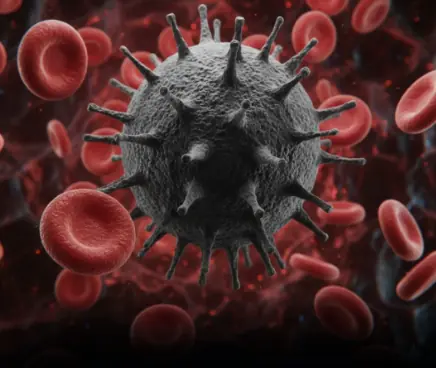
tching is a common condition that everyone experiences, and it is usually not a serious sign.

Rosemary (Rosmarinus officinalis L.) is one of the most studied and respected medicinal plants in modern herbal medicine.
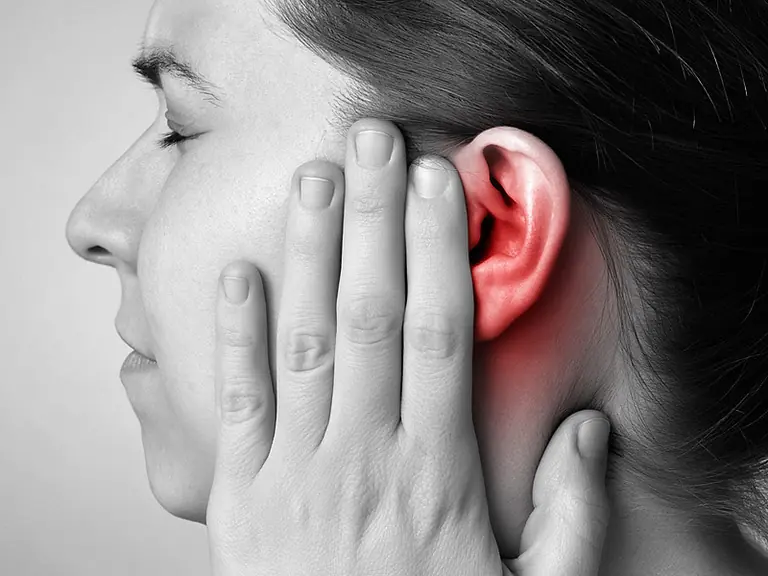
Understanding Persistent Tinnitus and When to Seek Care

Waking up with a dry mouth may feel like a small inconvenience, but it can actually be your body’s subtle way of raising a warning sign.